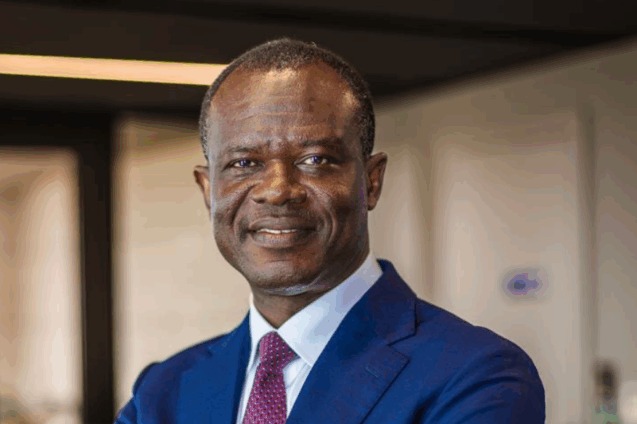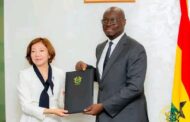The First Deputy Governor of the Bank of Ghana, Dr. Zakari Mumuni, has rejected claims that the central bank is depleting its foreign reserves to artificially strengthen the cedi. He insists the currency’s recent stability and appreciation are rooted in solid economic fundamentals and growing market confidence.
Addressing concerns in an interview with Joy News, Dr. Mumuni stated that the central bank’s current strategy prioritizes reserve accumulation over direct currency market intervention.
“If we were aggressively supporting the market, we would not be seeing this level of reserve growth,” he said. “In fact, we are accumulating reserves much faster than anticipated.”
As of the end of April, Ghana’s foreign reserves stood at over $10 billion, with projections to reach $11 billion by the end of June. According to Dr. Mumuni, these figures surpass targets set under the IMF program, which requires a minimum of three months’ import cover.
“Using the IMF’s metrics, we’re currently at 3.7 months of import cover,” he said. “And when we include petroleum-related funds, we’re at 4.7 months—significantly above the benchmark.”
He emphasized that these reserves are not being built through borrowing, but through organic means, underscoring the credibility of the central bank’s policies.
“These are not debt-creating reserves,” he noted. “They are the result of strategic reserve management and sound macroeconomic policies.”
Dr. Mumuni pushed back against speculation that the cedi’s rally is unsustainable or manufactured through backdoor support.
“Market players are highly perceptive,” he said. “If the rally were artificial, confidence would evaporate quickly. The market would see through it.”
Instead, he pointed to a combination of policy measures that have bolstered investor confidence: disinflation, fiscal discipline, and a recent Staff-Level Agreement with the IMF.
“Inflation has declined from nearly 24% to 21.2%. That’s meaningful progress,” he said. “We’ve also seen sharp reductions in public sector borrowing, indicating that fiscal consolidation is gaining traction.”
On monetary policy, Dr. Mumuni revealed that the Bank of Ghana has significantly tightened cedi liquidity.
“We’ve sterilised three times more liquidity this year compared to last,” he said. “That helps us keep inflation in check and reduce excess demand in the forex market.”
He described the current policy framework as one of “innovation and discipline,” balancing forex demand management with the strategic build-up of external buffers.
“We’re not intervening recklessly,” Dr. Mumuni reiterated. “This is not smoke and mirrors—it’s real, and we are committed to sustaining it.”
The Deputy Governor’s comments come amid renewed investor interest in Ghana’s economy, as the cedi continues to show resilience against major trading currencies. Analysts say the central bank’s reserve position and fiscal measures will be key to maintaining long-term stability.
Source:Mybrytfmonline.com




















































